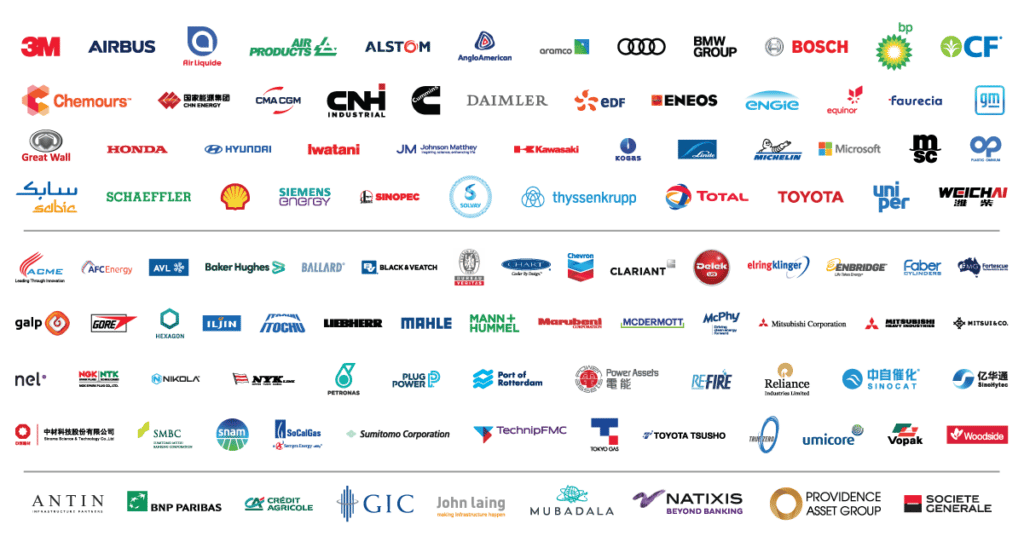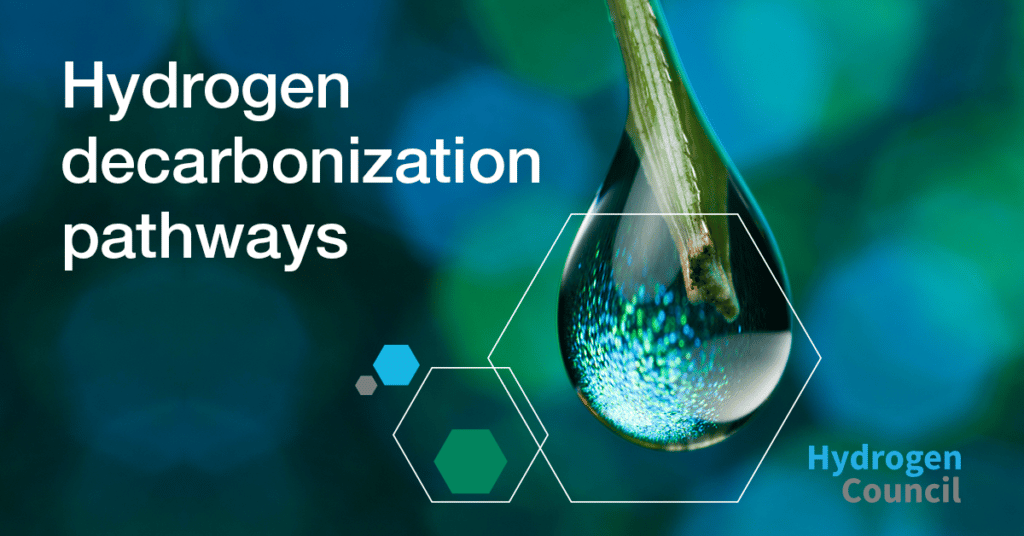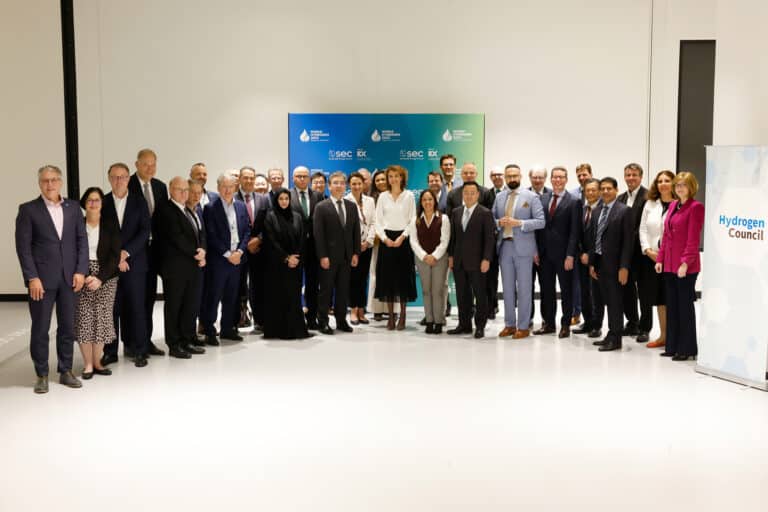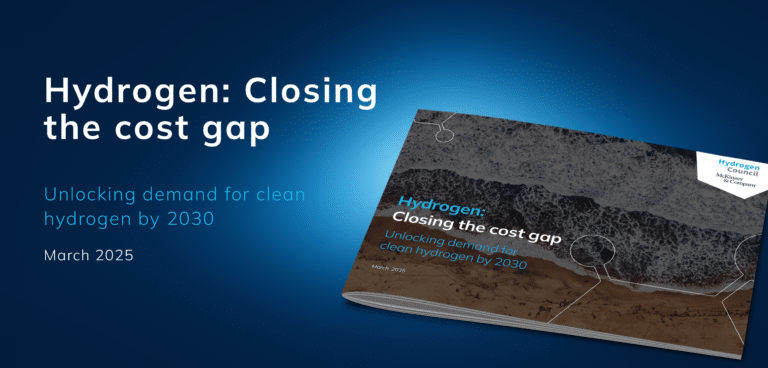The occasion provided an opportunity to assess the impact of an extraordinary year marked by the COVID-19 pandemic and plans for recovery, and lay the path forward in the ongoing mission of accelerating hydrogen solutions to help achieve decarbonization goals and the global clean energy transition.
Investment announcements in hydrogen projects grew substantially in the past year and we can look forward to further acceleration of investment in 2021 based on the very strong signals from governments around the world. Capitalising on a tremendous upsurge of interest in hydrogen during 2020, the Council continues to guide the industry, policymakers and the investment community towards the priority areas where hydrogen will accelerate our shared mission to decarbonise the world’s energy pathways – particularly important in the hard to abate sectors like steel and fertiliser manufacturing, in transport, and also in further integration of renewable energy on our electrical grids.
The Hydrogen Council continues to provide the global platform for the entire value chain to collaborate in addressing the challenges and creating the opportunities to fulfil the potential of hydrogen. In 2020, we welcomed almost 30 new members, including regions and sectors not previously represented. Investors, digital, chemicals, shipping and ports, and solar are just some of the sectors now on board and committed to acceleration. With the increased breadth of the coalition, the Council can better support and track progress and provide stakeholders with even more valuable insights into hydrogen developments in 2021 and in the longer term.

To aid in fact-based decision making as the world embarks on its important energy and industrial transition, the Hydrogen Council launched its latest study, ‘Hydrogen Decarbonization Pathways’. Given that hydrogen is one of the keys to the energy transition, it is not only important to make it economically viable (as outlined in our January 2020 report on cost competitiveness), but also to maximise the decarbonisation impact and minimise its resource requirements. The report shows that low-carbon hydrogen supply at scale is economically and environmentally feasible and will have significant societal benefits if the right localised approach and best-practices for production are used. It also demonstrates that there is not one single hydrogen production pathway to achieve low lifecycle greenhouse gas (GHG) emissions, but rather the need for a fact-based approach that leverages regional resources and includes a combination of different production pathways. This will achieve both emission and cost reductions, ultimately helping to decarbonise the energy system and limit global warming.

During the event, the Hydrogen Council received a special address by European Commission President, Ursula von der Leyen, who recognised the Hydrogen Council for being ahead of its time in understanding that hydrogen should have a central place in the transition to climate neutrality. She noted that clean hydrogen is also a key part of the European Green Deal, with the ability to reconcile the economy with the health of the planet, if we work together to ensure that it reaches the tipping point where clean hydrogen becomes more competitive than its alternatives. The Hydrogen Council will continue to work with governments around the world to help guide their hydrogen strategies and deployment as part of their own decarbonisation and recovery plans.
Furthermore, in 2020 the Council began to address the need for greater public awareness around hydrogen as a key solution to help meet global climate goals. We launched the CLIMATE CH2AMPION campaign, with a set of inspiring and informational documentaries, learning academy, and pocket guides on how hydrogen works, how it can help deliver renewable energy, how it supports cleaner transport and manufacturing, and how it can generate new future-focussed jobs. With ongoing efforts, we aim to empower public consumers to better understand hydrogen’s role in the global energy transition that is an important part of all of our every lives.
Great progress has been made in the last 12 months, despite the challenges of a global pandemic, but this is just the beginning for hydrogen. As a versatile cleantech solution, there are many ways which hydrogen can be generated and used in different regions to decarbonise industry and unlock the global clean energy transition. Therefore, for the hydrogen sector 2021 will be about turning theory into practice, with the support and leadership of the Hydrogen Council. Backed by 100+ industry leaders and an increasing number of governments and investors, ready to channel their efforts into hydrogen, it’s time to scale up large projects with precision focus. It’s time for hydrogen to reach its tipping point, as part of the global goal of a decarbonised energy system.



